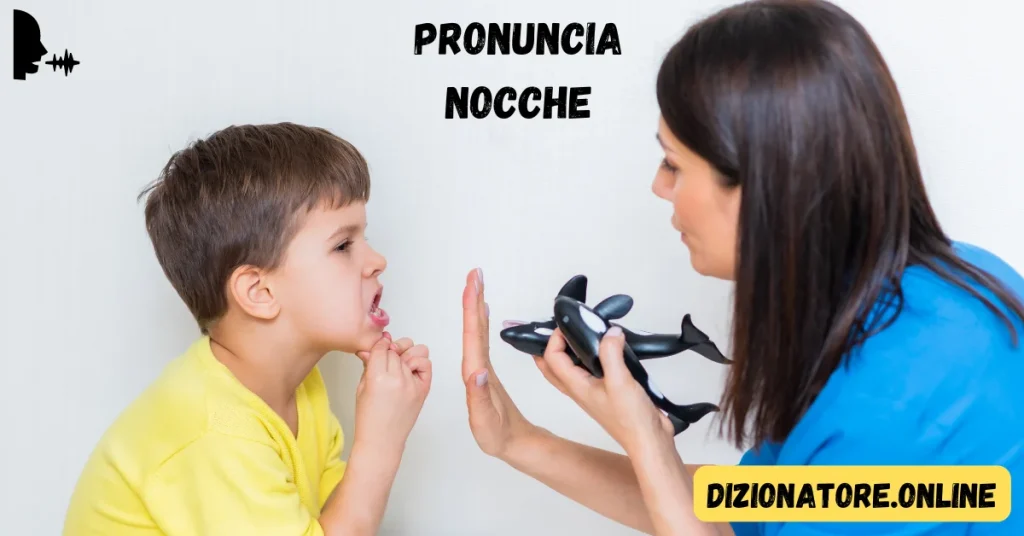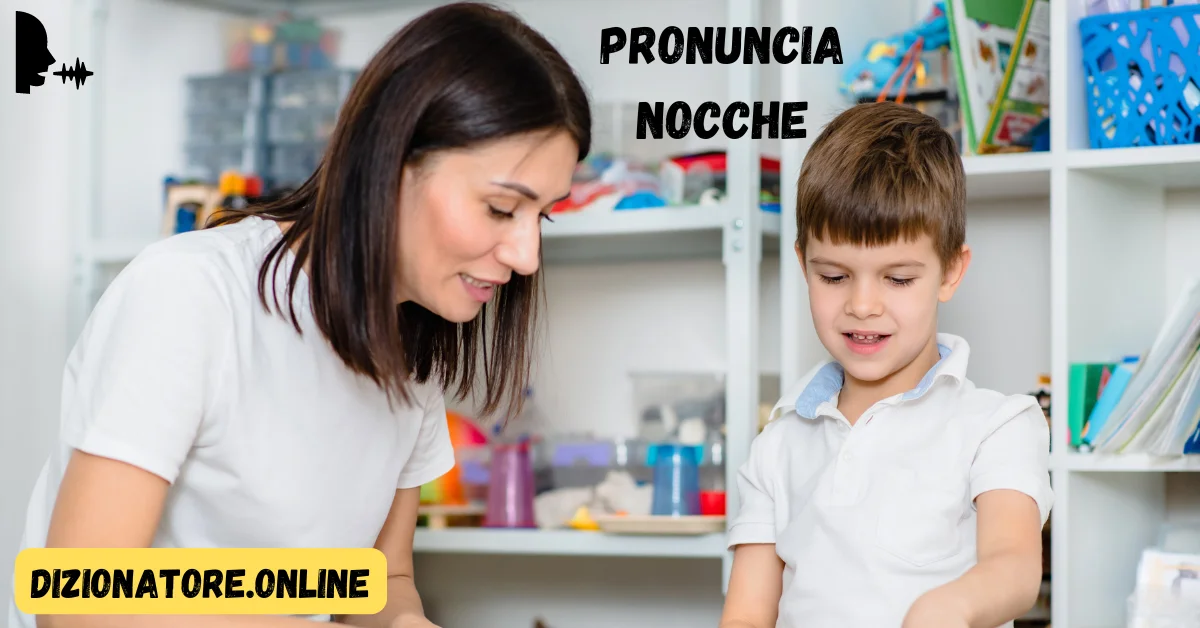Introduzione
Pronunciation is a crucial aspect of mastering any language, and Italian is no exception. One of the often-overlooked yet interesting words in the Italian language is “nocche,” which refers to the knuckles of the hand. While it may seem like a simple word, its pronunciation can be tricky, especially for non-native speakers. Understanding how to correctly pronounce “nocche” is not only essential for clear communication but also for appreciating the nuances of the Italian language.
The word “nocche” is deeply rooted in Italian culture, where body language and expressions often complement verbal communication. This article will delve into the pronunciation of “nocche,” providing a comprehensive guide that covers everything from phonetics to cultural significance. By the end of this article, you’ll have a thorough understanding of how to pronounce “nocche” correctly and the importance of doing so.

Phonetics of ‘Nocche’
The word “nocche” is composed of two syllables: “noc” and “che.” The correct pronunciation involves paying close attention to both the vowel and consonant sounds, as well as the stress on the syllables.
- Vowel Sounds: The “o” in “nocche” is pronounced as a short, closed vowel sound, similar to the “o” in “not.” The “e” at the end is typically unstressed, resulting in a softer, more muted sound.
- Consonant Sounds: The “n” is pronounced as a nasal consonant, while the “c” before the “che” is pronounced as a “k” sound, followed by a soft “ch” sound.
- Syllable Stress: In “nocche,” the stress falls on the first syllable, “noc,” making it slightly more pronounced than the second syllable.
Phonetically, “nocche” can be transcribed as /’nɔk.ke/. It’s essential to note the double “c” in the word, which contributes to the hard “k” sound, distinguishing it from similar words.
Historical Context of ‘Nocche’
The word “nocche” has an interesting etymology that traces back to Latin origins. It is derived from the Latin word “nocca,” which also referred to the knuckles. Over time, the pronunciation of “nocche” has evolved, influenced by various factors such as regional dialects and the natural evolution of the Italian language.
Historically, “nocche” has been used not only in everyday conversation but also in traditional Italian rituals, where gestures involving the knuckles play a symbolic role. The pronunciation of “nocche” has remained relatively consistent over the centuries, but regional variations have introduced subtle differences in how it is spoken.
Cultural Significance of ‘Nocche’
In Italian culture, the word “nocche” is more than just a term for knuckles; it carries cultural weight. For instance, in certain Italian traditions, tapping one’s knuckles on a surface can symbolize a gesture of luck or protection. This cultural context makes the correct pronunciation of “nocche” even more important, as mispronouncing it could lead to misunderstandings or a loss of meaning.
The use of “nocche” in idiomatic expressions also highlights its cultural significance. For example, the phrase “battere le nocche” (to knock with the knuckles) is often used metaphorically to indicate persistence or determination.
Common Misconceptions
One of the most common misconceptions about “nocche” is the pronunciation of the double “c.” Many non-native speakers tend to soften the “c” sound, which can lead to a pronunciation that resembles “noch” instead of the correct “nok-ke.” Another common mistake is placing the stress on the second syllable, which alters the word’s sound and can confuse listeners.
It’s important to remember that in Italian, the double consonant “cc” is always pronounced with a harder, more pronounced sound, especially before the letter “e.” Understanding this rule can help avoid common pronunciation errors.
Comparative Analysis
When comparing the pronunciation of “nocche” with other Italian words, it’s essential to focus on similar patterns. For example, words like “nocciola” (hazelnut) and “nocivo” (harmful) share the same initial “noc” sound, but the subsequent sounds differ, which affects the overall pronunciation.
In the context of other Romance languages, “nocche” has parallels in words like “noix” in French and “nuez” in Spanish, both of which mean “nut.” While the meanings are related, the pronunciation differs significantly due to the phonetic rules of each language.

Importance of Correct Pronunciation
Pronouncing “nocche” correctly is crucial not only for effective communication but also for preserving the word’s cultural and linguistic integrity. In a language as expressive as Italian, where pronunciation can change the meaning of words, mastering the correct sounds is essential.
Proper pronunciation of “nocche” enhances comprehension, reduces the risk of misunderstandings, and demonstrates respect for the language and its speakers. For language learners, focusing on pronunciation is a vital step in achieving fluency and confidence in speaking.
Conclusione
La corretta pronuncia della parola “nocche” non è solo una questione di fonetica, ma anche di rispetto per la ricchezza linguistica e culturale dell’italiano. Comprendere e padroneggiare i suoni di questa parola ti permetterà di comunicare in modo più efficace e di apprezzare meglio le sfumature della lingua. Che tu sia un principiante o un esperto, continuare a esercitarti e a esplorare le varianti regionali ti aiuterà a migliorare ulteriormente la tua pronuncia. Ricorda, la chiave del successo è la pratica costante e l’ascolto attento dei parlanti nativi. Buona fortuna nel tuo percorso di apprendimento!

